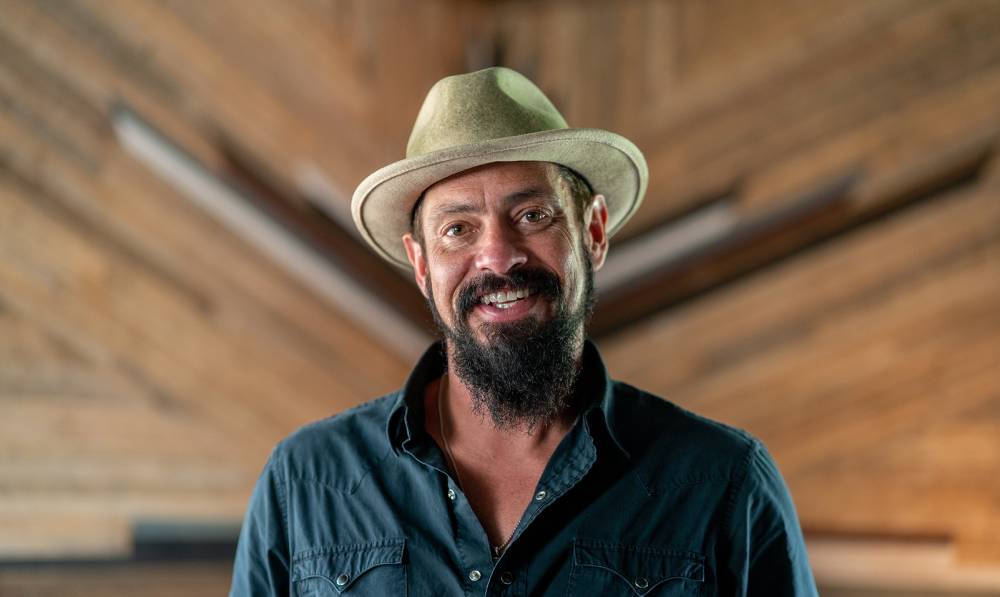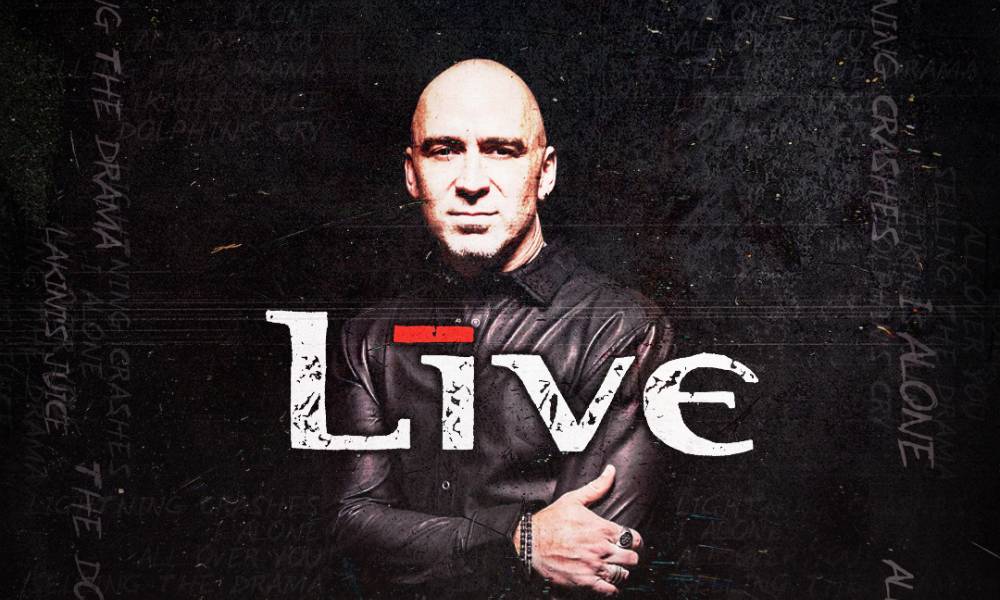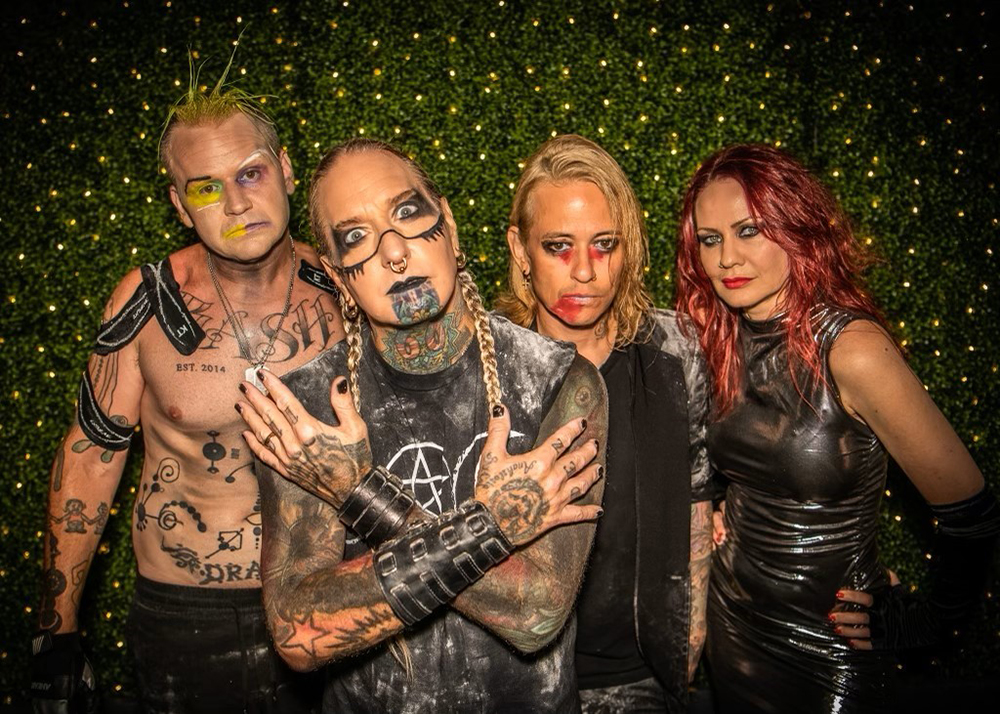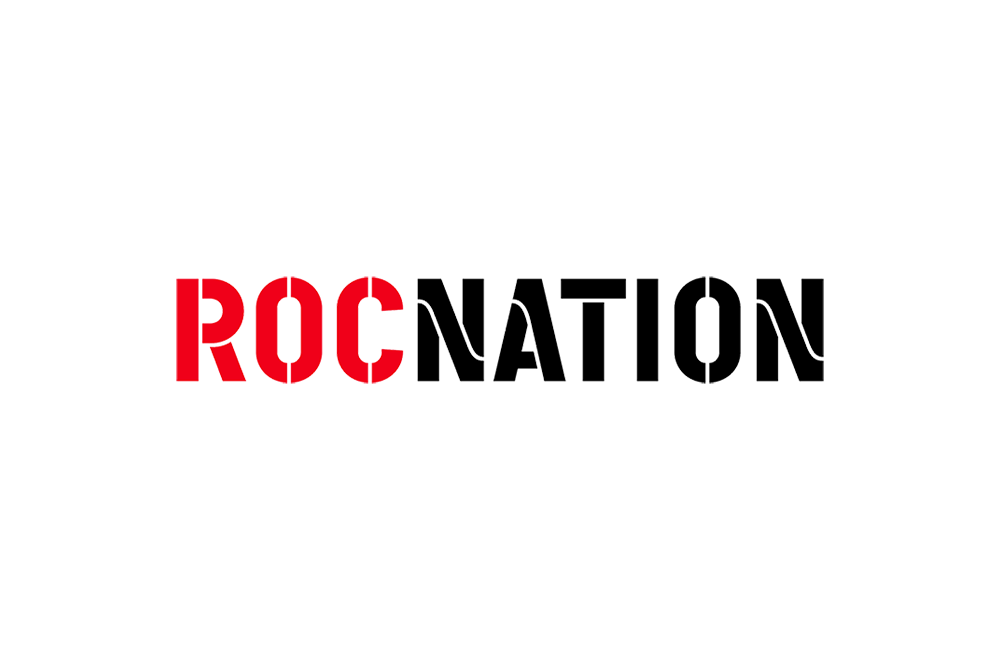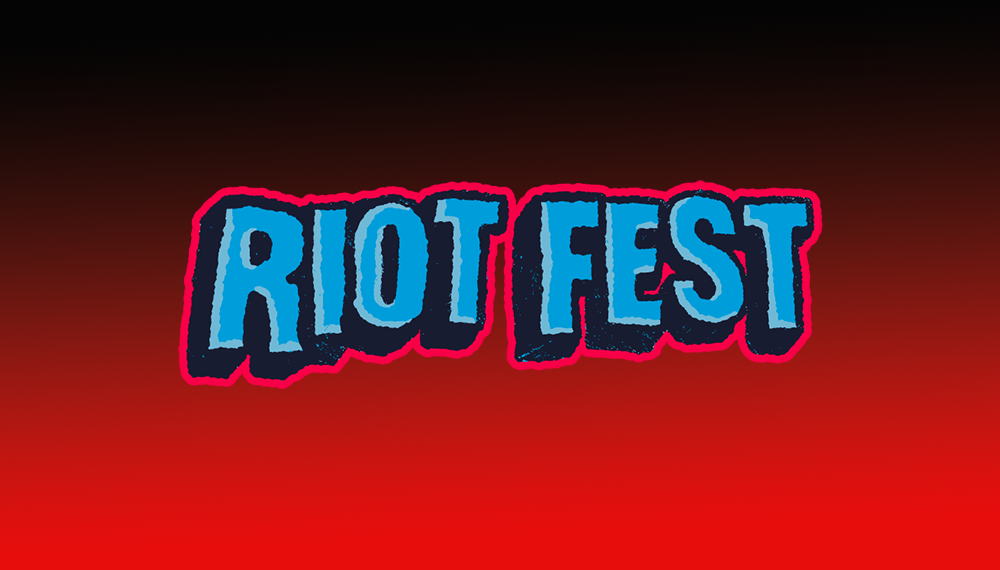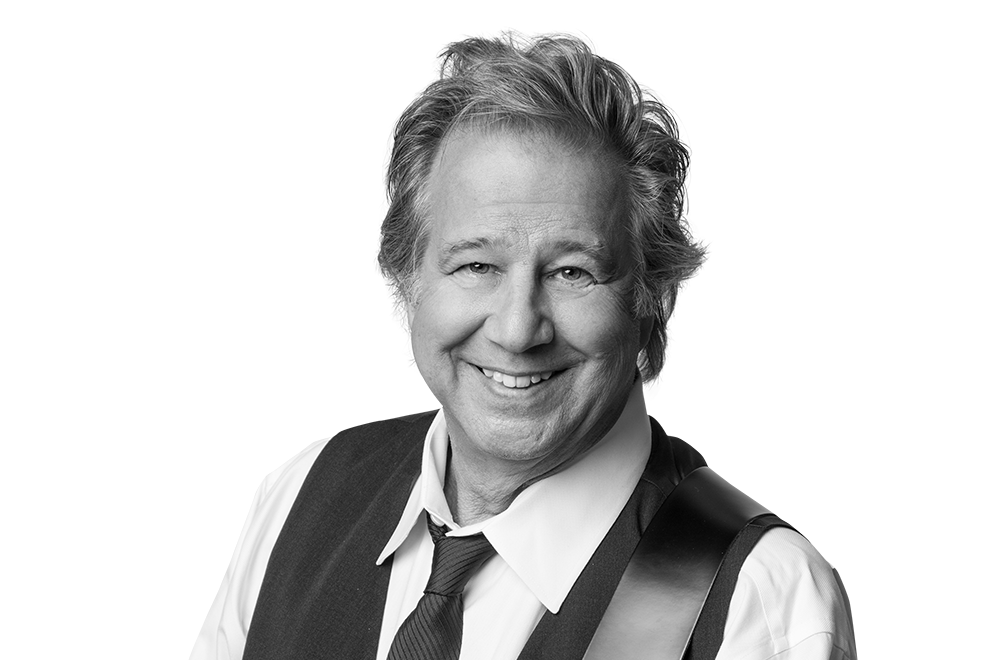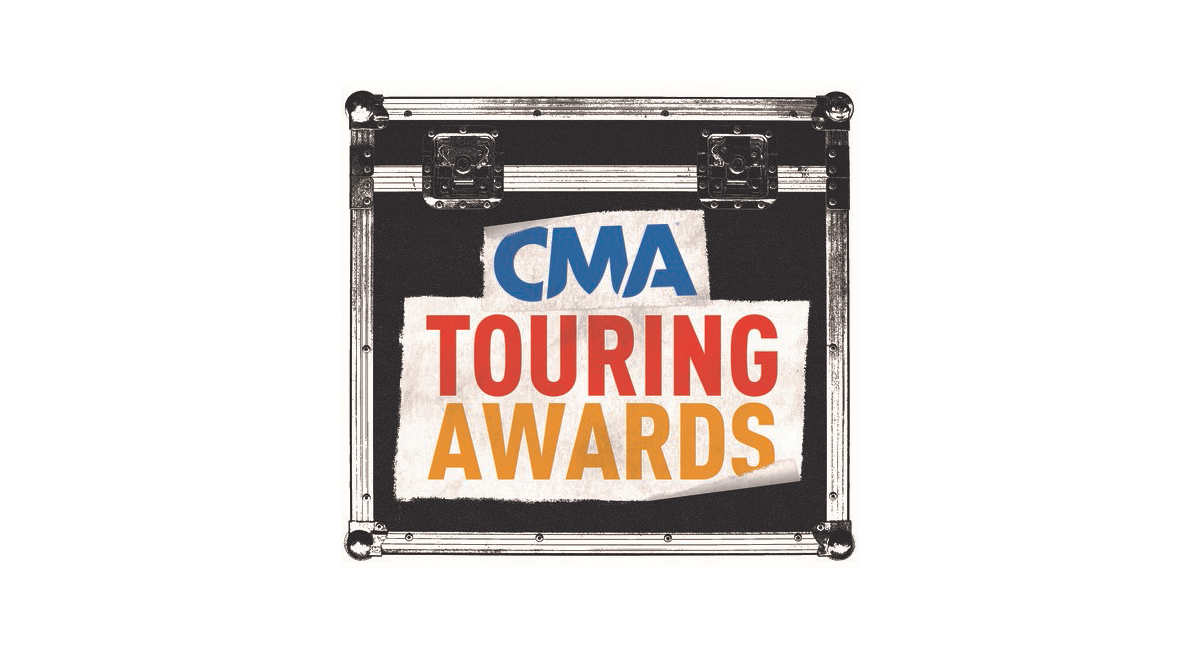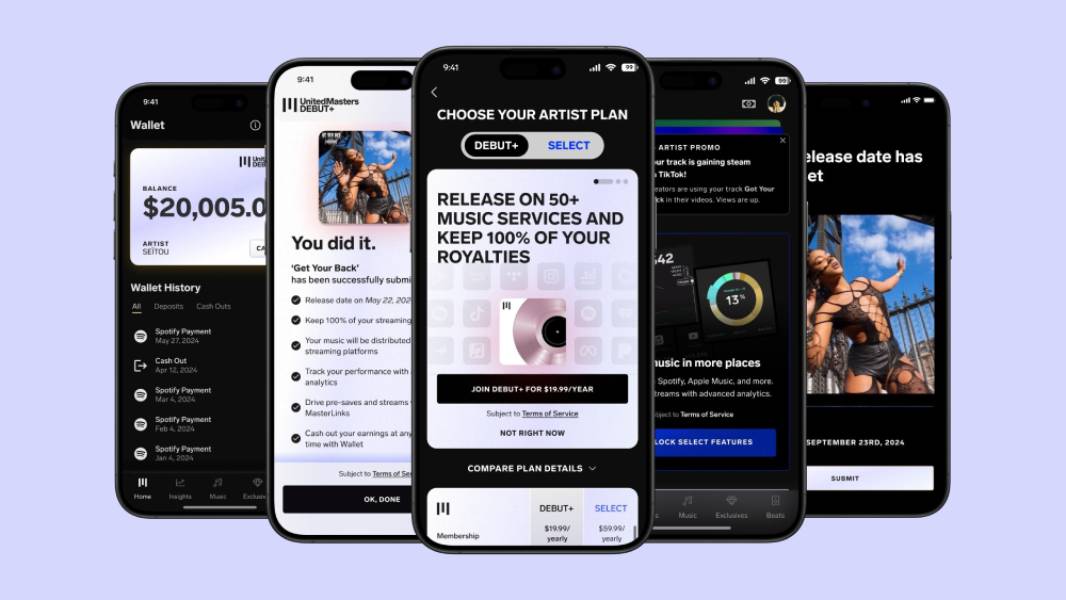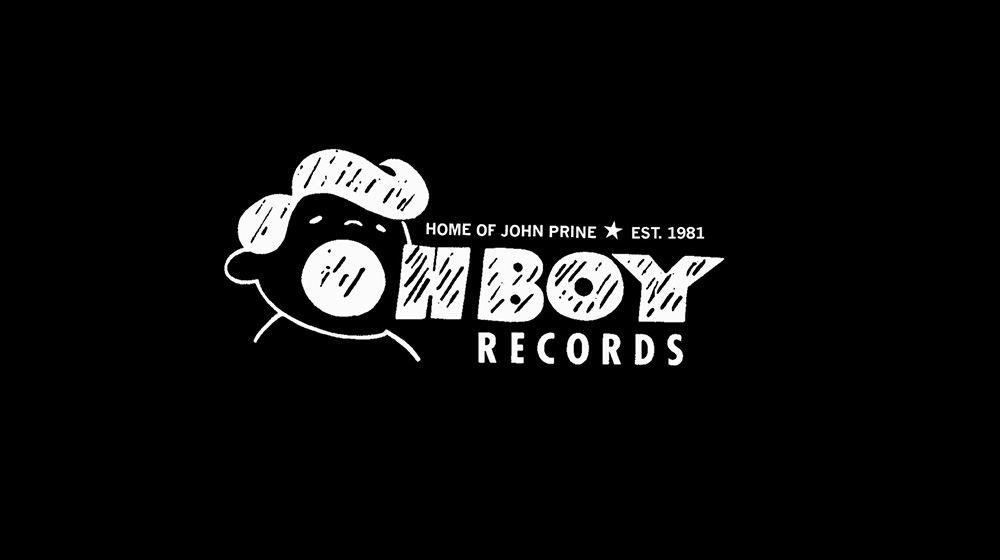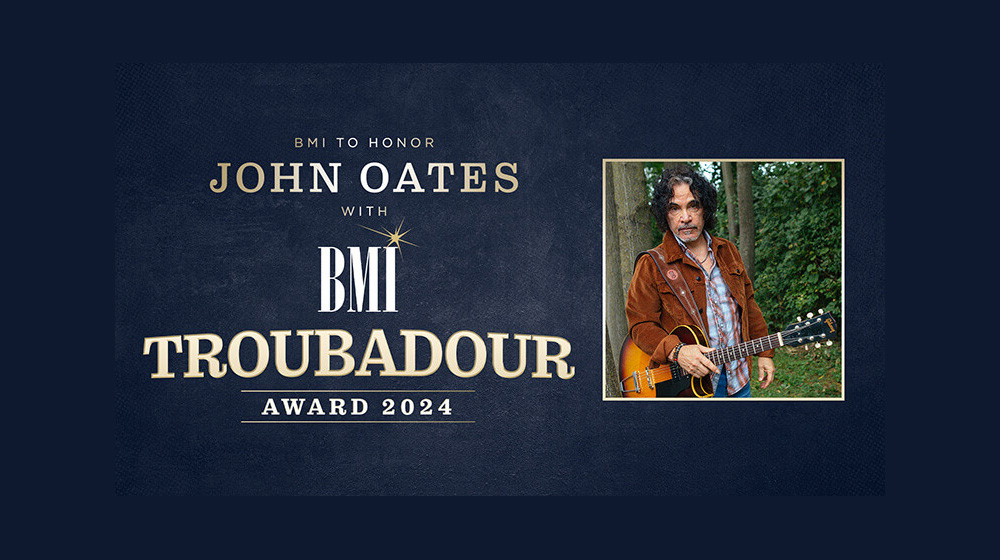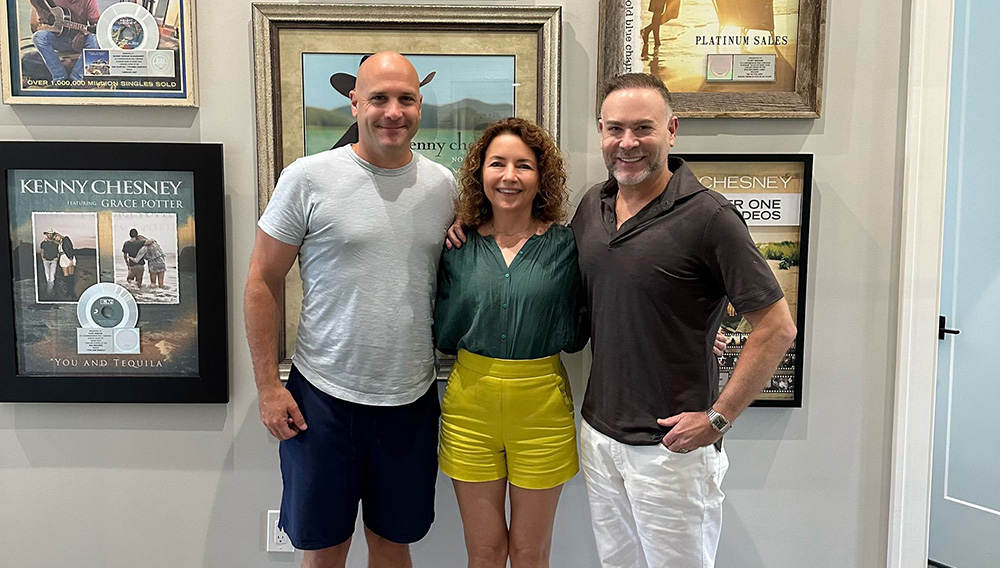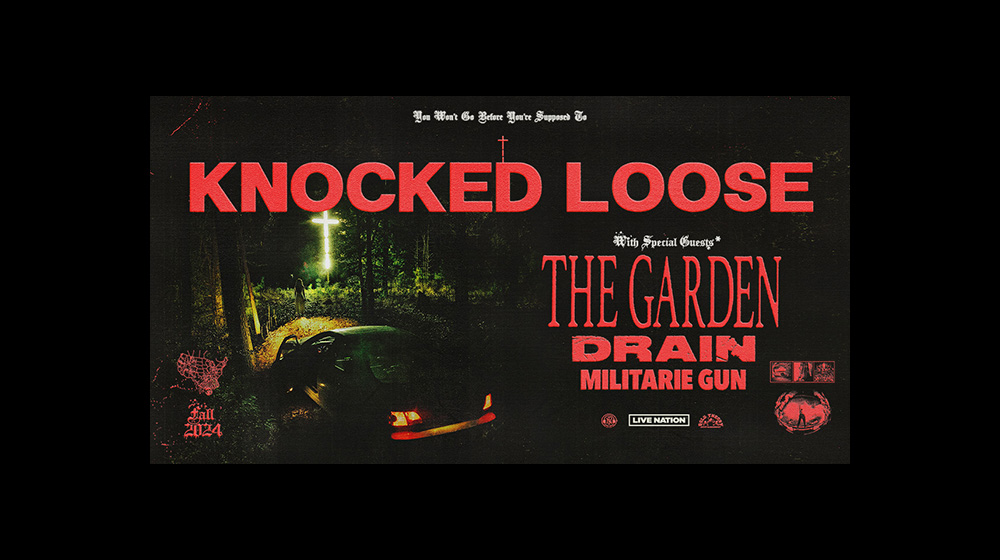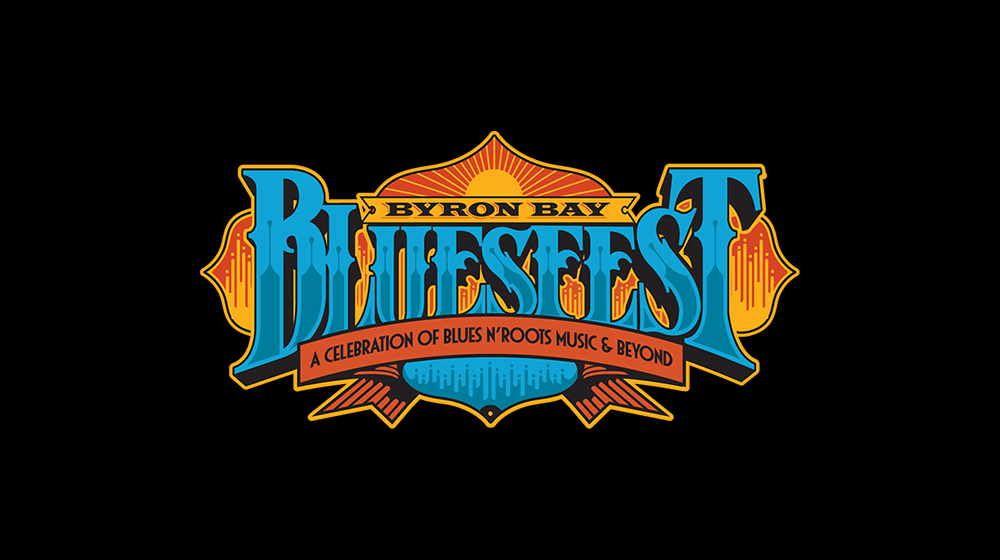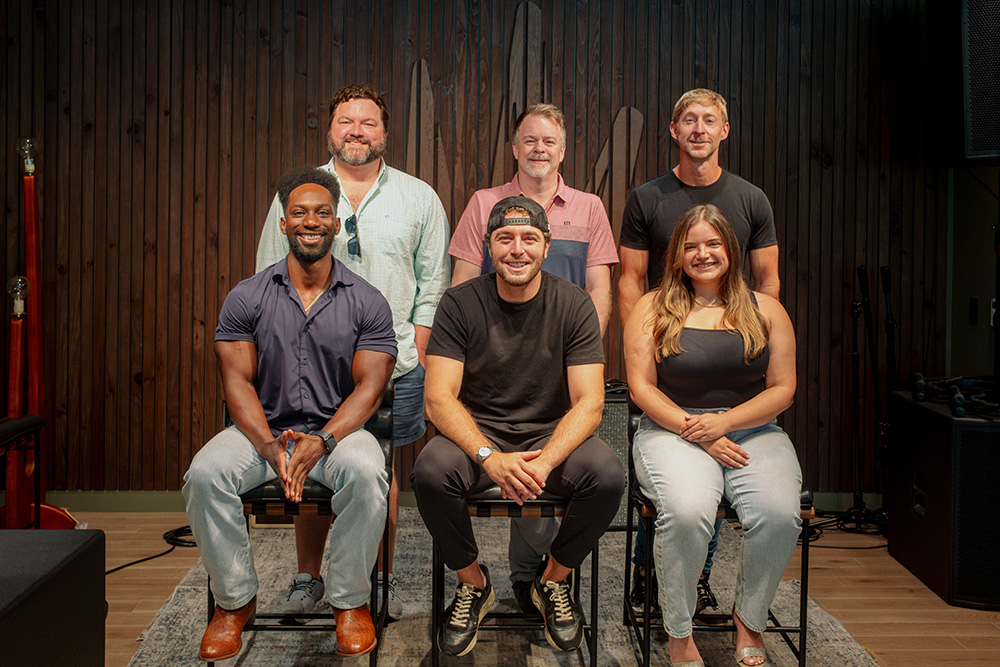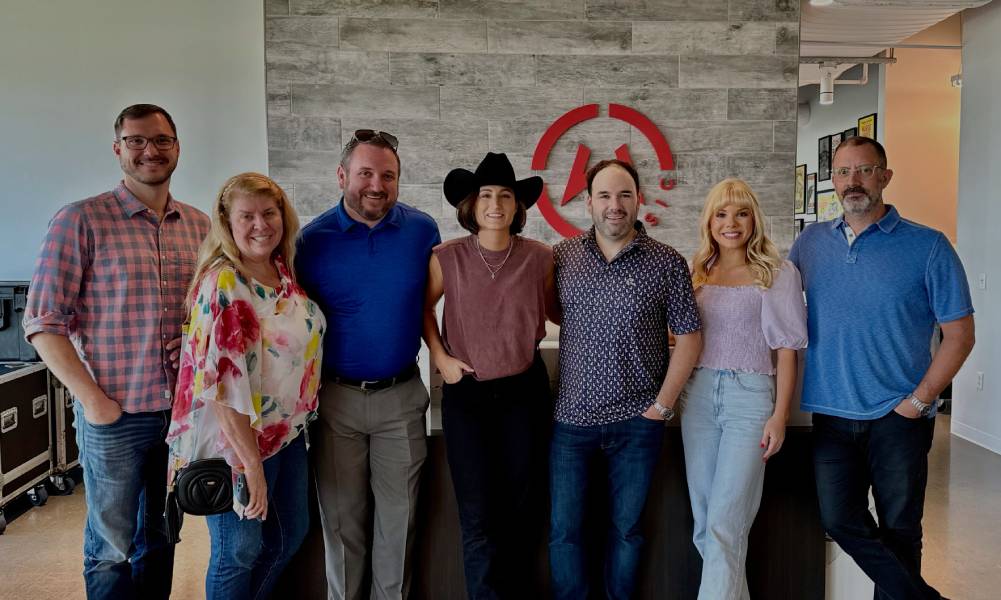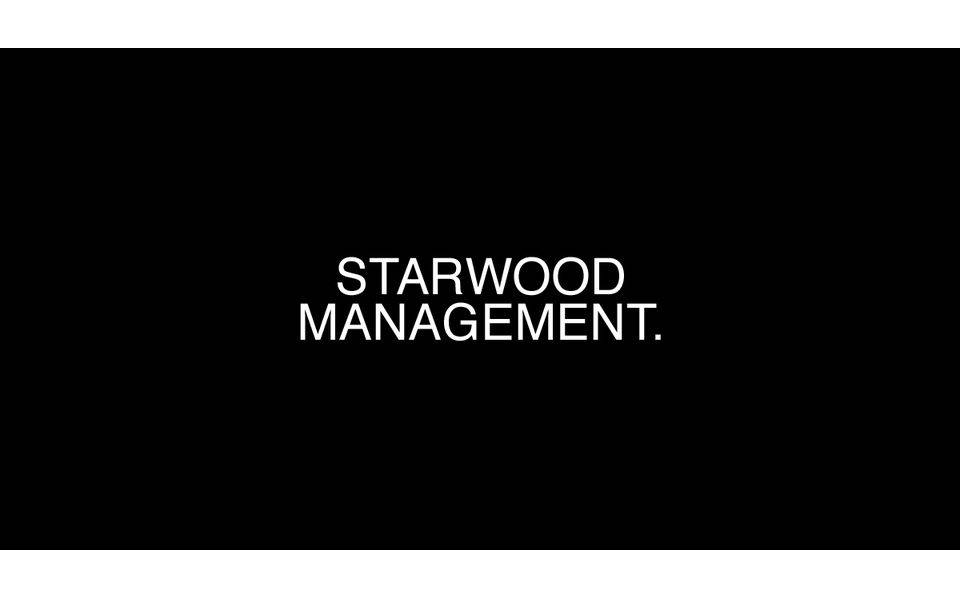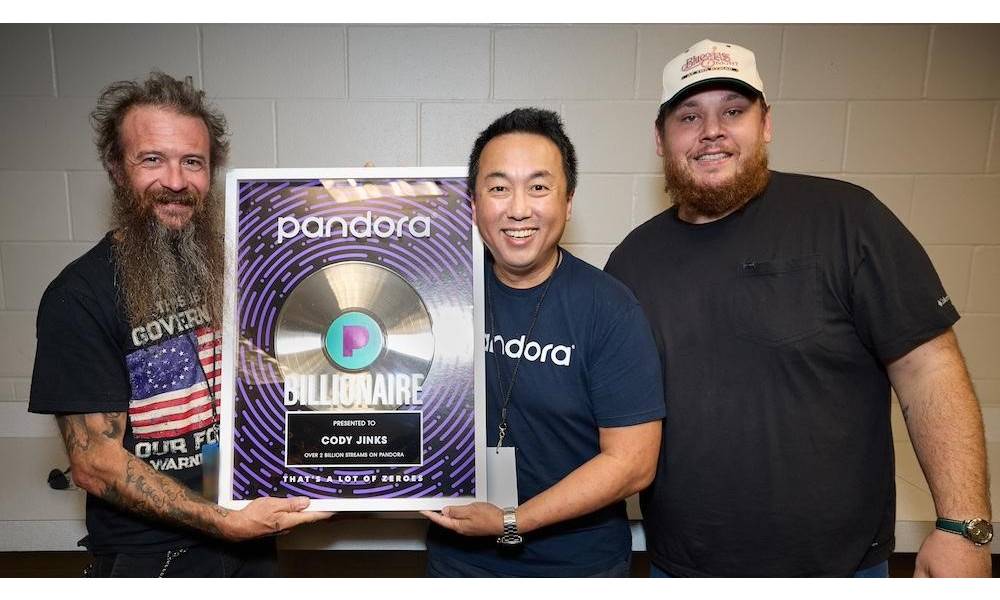(Hypebot) – While it may be a sought after role in the industry, being an artist manager is no cake walk, and such a career brings with it a number of trials and tribulations, and can often make a person feel very isolated.
Guest post by John Mathiason and Antony Bland on the TuneCore Blog
[Editors Note: This article was written by John Mathiason and Antony Bland, co-founders of CandyShop Management. Collectively John and Antony have over 50 years of industry experience, and since CandyShop’s start in 2009, they’ve navigated the careers of multiple artists and currently represent The Rocketboys, The Mowgli’s, Lincoln Durham, Monakr, Kid Runner, TeamMate, Baby Baby, The Wealthy West, Radar State, Split Party and Friendswithbenefits.]One of our artists sent us a photo of a coffee mug recently. It said, “Being a manager is easy. It’s like riding a bike. Except the bike is on fire. You’re on fire. Everything is on fire. And you’re in hell.”
Sometimes that’s a good day. Sometimes if it doesn’t feel like that – if it’s a slow day, the kind of day where you feel like Jack Lemmon in “Glengarry Glen Ross” and you want to be Al Pacino – it can drive you nuts. You can make yourself crazy trying to be proactive, trying to drum up business, grasp for new ideas. Breaking out of this mentality is critical to your wellbeing and creativity. Learning to take advantage of downtime to read, think, learn or even just relax is not often an easy or natural process but overworking yourself on the details blocks you from looking at the big picture and doesn’t allow you time to reflect on what’s working and what is not.
For a manager there is no sense of completion. There is always another mountain to climb. And you’re most likely climbing several mountains at once, constantly falling, constantly finding yourself at base camp and having to repack and start again. Every footstep forward is a success. Every synch license, publishing deal, successful tour or well executed brand-activation is an affirmation that something is going right. Every time a deal falls apart, or a license doesn’t happen, or a band breaks up or someone quits or the finger is pointed at you it’s a cause to question yourself.
The biggest mental challenge to management is that it can be a lonely business. It can feel like it’s you against the world, like you’re fighting against everyone else for the table scraps. Re-orienting your thinking here is important. Communicating and sharing with other managers is vital – not only to our business as a whole so we can educate each other, learn from each other and advocate for our artists together in the face of inequitable practices, but also for the simple relief in knowing that to some degree we have all had, are having or will have – a similar experience.
Having a partner (or partners) allows you to share this journey. While you might still be stuck on a tiny rowboat – at least there’s someone else in the boat. You’re in it together. You share the wealth as much as you share the pain. Having a partner gives you more viewpoints with the common goal of trying to find the best outcome. As partners, we frequently argue for hours about a plan of action before finally realizing that neither of us was entirely right. And from that argument the best course of action often emerges. But this demands honesty – and security, just as any relationship does: You have to be able to argue your point often vociferously without fear that your partner is going to walk out the door and file for divorce – you have to be able to fight, hang up the phone, sulk, be pissed. I would go so far as to say the relationship you have with your partner can even be more open than with a spouse – or at least be on par: It constantly demands that you listen and learn from each other, express how you feel about each other’s actions and be united in the vision you put forth.
It can be hard not to second-guess your gut, (“What if the band is right and a nine minute concept video is what their fans want?”), but doing so leads to indecision. You won’t always be right but it doesn’t matter. Decide on a plan, stick with it and see it through to the best of your ability. In the end the decisions are made are made by the artist. Managers are here to advise, give their opinions and try to guide their clients to the best of their abilities,
You will always be caught in the middle – between the label and the band. Between the band and their families. Between the singer and the guitar player. Remember that the first responsibility is to the band and their career and that sometimes means you have to disagree with the band in order to truly advocate for them. Sometimes you’re fighting for your artist over things they don’t realize are important, or that they don’t want to fight for. It’s like flying a plane where the passengers are all trying to grab the controls or jump out the windows.
Artists are driven by ego and id. For many this ego, sometimes unfortunately coupled with mental and emotional issues, is what makes them great. Whether they’re tortured geniuses baring their soul or they just create because they enjoy it, believe they’re good at it, are good at it and/or make a living from it, they are human. As humans we all want to be told things that are agreeable to us, that we identify with. That we are smart and pretty and talented and good.
Conversely, as a manager you can’t have an ego. You have to give in to the notion that everyone will give you credit for the ideas you have or your contributions to an artist’s success. We are on the front lines of an artist’s success, but often the least recognized: The artist, the record label, the agent, even the attorney tend to get the accolades long before a manager gets any recognition. If you’re waiting for a thank you or some kind or acknowledgement, you’ll be endlessly disappointed. Maybe (hopefully) this means that the artist sees the manager as one of the core circle and thanking them would be like thanking the bass player…maybe!
Your artists are surrounded by people – friends, spouses, other industry characters telling them what they want to hear, what “your manager should be doing”, what they would be doing in your position. Over the course of my career we’ve had numerous artists tell us all the things their manager isn’t doing or didn’t do. Of course there might be endless truth here but it’s also possible the manager was engrossed in a hundred other things. We’ve rarely heard bands say “we just weren’t good enough” so when you are meeting with a new artist and they are pinning all the blame on the former manager, watch out – it could be a sign that they do not understand or respect the relationship.
Your artists will believe anyone if it aligns with what they think at that moment. A 22 year old A&R person’s advice will carry a lot of weight because “they work for a record company so they know what they’re talking about”. (Anthony: I’ve been that 22-year old and I didn’t know sh*t!)
Ideas flow from everywhere and a disagreeable reality is yes – sometimes those significant others, or parents, or bartenders might have a valid idea. However they do not have the full picture of what is happening in the artist’s life, so it’s important to check your ego, keep an open mind but still have the clarity and patience to explain why something won’t work, why it’s not a great idea – or, how you can take that idea and make it work.
You occupy that uncomfortable space between the artist’s perception, aspirations, beliefs and hopes – and reality. Obviously you need to encourage and support them, nurture their abilities and fight for what they want. But you need to be a mirror and a sounding board, to help them focus on what’s attainable and not fanciful, to serve as a buffer between their ideas and the practical execution of those ideas.
When it comes to critiquing their art, every artist we’ve ever met has told us they want honesty, but again they are human. We are lucky enough to work with a few artists who we can be almost entirely straightforward with, but with few exceptions, regardless of whether it’s a song that tore at the artist’s soul or a quick demo for a TV show, brutal honesty usually isn’t the best option – finding the positive in what an artist does or how they perform is the best starting point. When something is completely off base it can take a lot of patience to get the artist to see where they’re missing the mark.
Getting involved in fights between band members is akin to trying to break up a fighting couple on the street. You’re going to get punched by both of them. Be a sympathetic ear, but be the diplomat and the confidant. You are there to try to help them see the other person’s perspective; and when you’re talking to the “wrong” party, your skill here is in making them understand they’re wrong while communicating that you see their viewpoint. We’re often “wrong” – or at least not completely correct. Where we learn is by understanding where we are going wrong and fixing it rather than stubbornly sticking to what we wanted to.
Beware the sociopath. This is a not uncommon character in the artist world. Their charm, eloquence and single-minded vision can be inspiring but it can sap you of energy as well as self-esteem. They work by drawing you into their bubble, getting you to nod your head to more and more outlandish ideas until you are convinced they are a genius. Frequently self-destroying, generally unable to forge a relationship with anyone providing structured guidance, they play to your desire to be associated with true greatness and demand absolute concurrence with their vision.
Help your artist understand the business. The more they know, the more they will appreciate what you do. And the less likely they will believe the honey-in-the-ear from a prospective poacher. And to that end: don’t poach other manager’s clients. If an artist wants to part ways with their manager that’s fine. Let them do that before they come to you. Poisoning the well is a low trait. An artist that can’t honorably part ways with their current manager is going to do the same to you someday.
There is an upside to all this emotional treachery: Sometimes you get to stand on the side of the stage and watch thousands of people enjoy the band that you’ve helped get to that place. Sometimes you hear the genesis of a song and get to watch it transform into something that connects with the public. Sometimes you get to hear music in a movie or in a commercial and recognize your place in making it happen. Sometimes you get to tell people that you manage the band and have them be excited to talk to you. Sometimes you get to use your band’s platform to do something good, to raise money or awareness for a cause and make the world a better place. Sometimes you get to pay your bills from the fruits of your labors. Ultimately we do this because we live for those moments – that no matter how stressful or tenuous it can be, no matter how much discord is rife during the planning, recording, marketing, promoting of the artist – when things come together it’s all worthwhile.
There are good times and bad times but there is never a time not to be learning from the experience. And what you learn, pass on. Be free with advice. Be glad for and vocal about the success of others. Do favors. Help your friend’s bands out. Give people chances.
You’re managing a store. Sometimes you get to truly manage it. But sometimes you have to stock the shelves, order the inventory, sweep the aisles and run the cash register. The only problem is that the cash register is on fire. And you’re on fire. And the store is on fire. And you’re in hell.
More about the authors:
ANTONY BLAND Antony Bland rose through the ranks at Chrysalis Music Publishing in the late 1990’s, from tape librarian to song-plugger, to A&R Manager and finally to run the International Department at the acclaimed independent music publishing company. Overseeing 250+ worldwide writers and artists, he was the primary US publishing liaison for such groundbreaking artists as Portishead, Spiritualized and Morcheeba, whilst also coordinating strategy with 15 international offices for the companies U.S artists and many A-list songwriters. From 2000-2011 Antony was Director of A&R for American Recordings. During that time he was an early champion of artists such as The Killers, Imagine Dragons, All-American Rejects, Mumford & Sons and My Chemical Romance. He also worked on the Grammy nominated final release by Pakistani Kaawali singer Nusrat Fateh Ali Khan, but failed to become fluent in Urdu.
JOHN MATHIASON John Mathiason began his career in 1993 managing the million-LP selling alternative rock act Sponge. From there he joined Susan Silver Management, responsible for brand endorsement for Alice In Chains and Soundgarden. As an independent manager from 1998 onwards, John oversaw more than 10 major-label recording artists, working with Island, RCA,Columbia, Warner Brothers, as well as several independent acts. He negotiated all associated Recording, Publishing, Merchandising deals, coordinated U.S and Worldwide tours (including creating tour budgets, hiring of crew and interacting with booking agencies), negotiated numerous music licenses for commercial, TV and film placements and oversaw all aspects of A&R, marketing, budgeting, promotion, publicity, web presence included in the set up and release of albums. He also became a highly sought after merchandising consultant, negotiating deals for Giant Merchandising, Cinder Block Merchandising and The Merchandise Company for artists including The Shins, Bloc Party, Larry the Cable Guy, Frightened Rabbit, Stan Lee/POW, Afghan Whigs, The National, Phoenix, Tiesto, Jet and Rise Against.




















